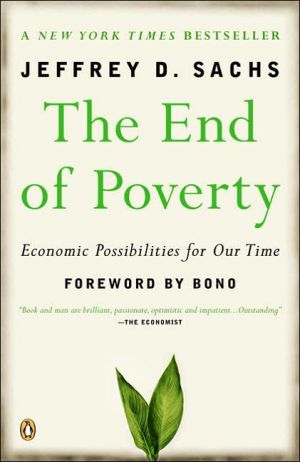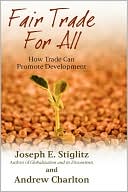Stabilization and Adjustment in Egypt: Reform or De-Industrialzation
"This book studies the impact of Egypt's Economic Reform and Structural Adjustment Programme (ERSAP), the effects of which have been of great interest to the international community. Organizations such as the World Bank and the IMF uphold the programme as a success story and example for other countries to follow. ERSAP also has its critics, however, who resent its tendency to downsize government and fear possible negative effects on growth and development. The author discusses these concerns...
Search in google:
Abdel-Khalek (economics and political science, Cairo U., Egypt) studies the impact of Egypt's Economic Reform and Structural Adjustment Program (ERSAP), the effects of which have been of great interest to the international community. The author discusses both concerns about the program and its perceived successes, analyzing its impact both at macro- and microeconomic levels. Effects of ERSAP at the macro level discussed include interest and exchange rates, domestic public debt, trade balance, budget deficit, and inflation. At the micro level, two industrial case studies are considered in detail: the aluminum industry and the iron and steel industry. Of likely interest to practitioners, policymakers, and scholars of industrial and development economics. Annotation © Book News, Inc., Portland, OR
List of tablesAcknowledgementsAbout the authorForewordIntroduction1Stabilization experience before the 1990s12Economic 'reform' in the 1990s423The macroeconomic effects of ERSAP: structural reform or Dutch disease?574The main features of the manufacturing sector915The microeconomic effects of ERSAP: 1. The aluminium industry1126The microeconomic effects of ERSAP: 2. The iron and steel industry1327ERSAP and industrialization: concluding remarks155Annexes167Bibliography181Index189








